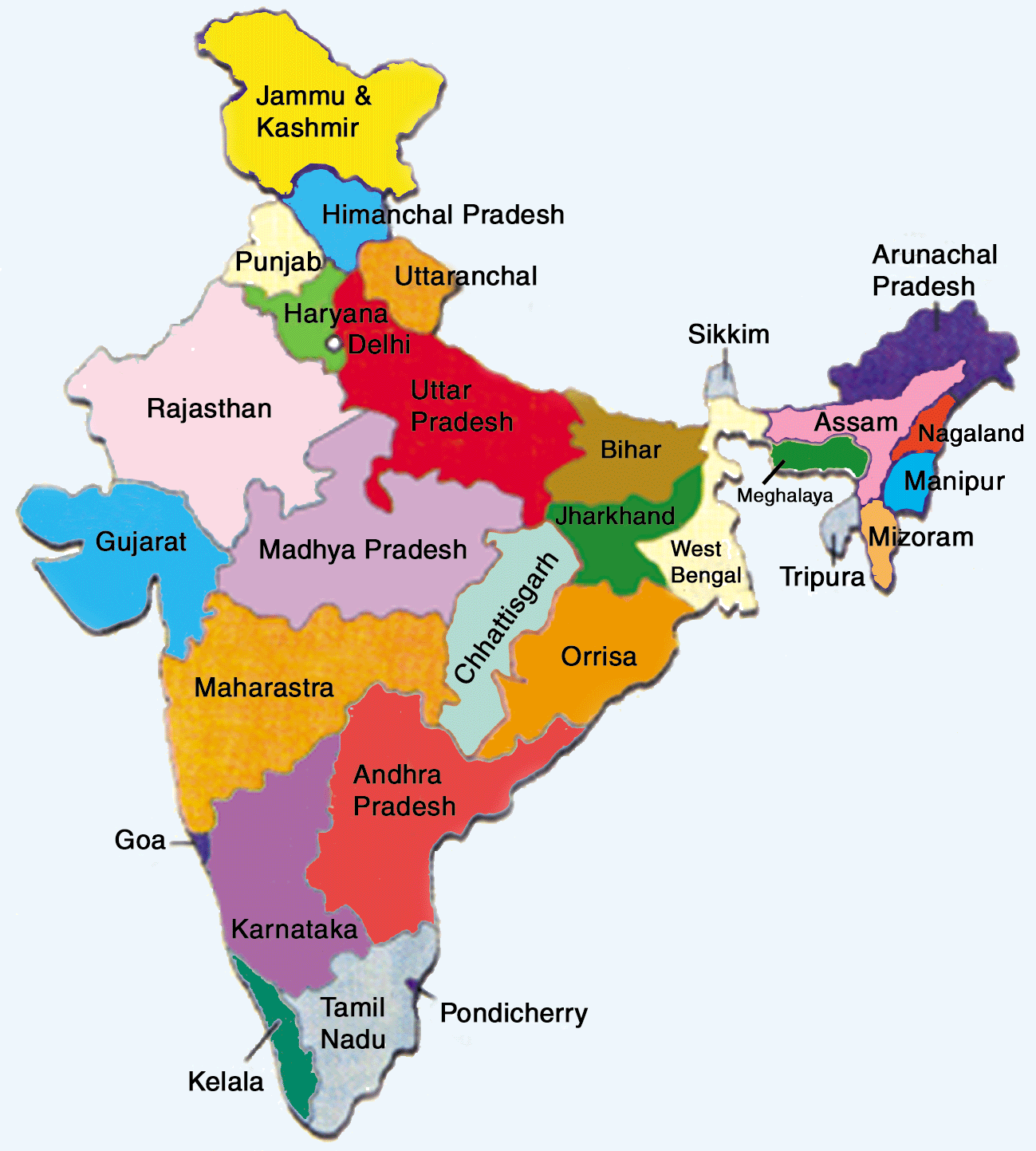Uniform Civil Code – The need of the hour
Article 44 at part IV of the Constitution of India describing the Directive Principles of India which states that – “The State shall endeavor to secure for the citizens a Uniform Civil Code throughout the territory of India.”
While explaining the reason for including the Article 44 in the Directive Principles, it was observed – “When you want to consolidate a community, you have to take into consideration the benefits which may accrue the whole community and not to the customs of a part of it. If you look at the countries at Europe, which have a Civil Code, everyone who goes there, forms a part of the world and every minority has to submit to that Civil Code. It is not felt to be tyrannical to the minorities.” (Constituent Assembly Debates – vol. VII page 547)
Hon’ble Supreme Court of India had already expressed the distress over the Government failure in enacting a common Civil Code to end discrimination between various religious communities in the areas of marriage, succession and property and felt that such a code would help in removing contradictions based on religious ideologies. (John Vallamattom V. Union of India AIR2003 SC2902)
Supreme Court of India first called for a Uniform Civil Code in the year 1985 in the case of Mohammad Ahmed Khan v. Shah Bano Begum. (AIR1985 SC945)
The Supreme Court further emphasized on the issue of secularism v/s Uniform Civil Code (UCC) that the spine of controversy around UCC has been secularism and the freedom of religion enumerated in the Constitution of India.The preamble of the constitution states that India is a “Secular Democratic Republic”. This means there is no State religion. A secular State shall not discriminate against any one on the ground of religion. It is not concerned with the relation of man with God. It does not mean allowing all religions to be practiced. It means that the religion should not interfere with the mundane of an individual. In the matter of S.R.Bommai V. Union of India [(1994) 3 SCC 1] as per Justice Jeevan Reddy it was held that the religion is the matter of individual faith and cannot be mixed with secular activities. Secular activities can be regulated by the State by enacting a law.
In the matter of Sarla Mudgal V. Union of India (AIR1995 SC1531) Justice R.M.Sahai observed that “Ours is a Secular Democratic Republic. Freedom of religion is in the core of our culture. Even the slightest of deviation shakes the social fiber. But religious practices, violative of Human Rights and dignity and sacerdotal suffocation of essentially civil and material freedoms are not autonomy but oppression.Therefore, a Unified Code is imperative, both, for protection of the oppressed and for promotion of National unity and solidarity.
The new Government should now make a serious endeavour to secure for the citizens a Uniform Civil Code which is overdue in absence of any effective or serious move by the earlier Governments. It is pertinent to mention here that the former Chief Justice of India Sri Y.V.Chandrachud had once expressed hope that it would one day “Awaken the rest of bigoted India” [Mohammad Ahmed Khan V. Shah Bano Begum (AIR1985 SC945)].
PLEASE FIND DOWNLOAD LINK FOR ATTACHED FILE BELOW:
- Uniform_Civil_Code <===== Download Link For Attached File
Source: Dr.Ray via. WHN Publisher






